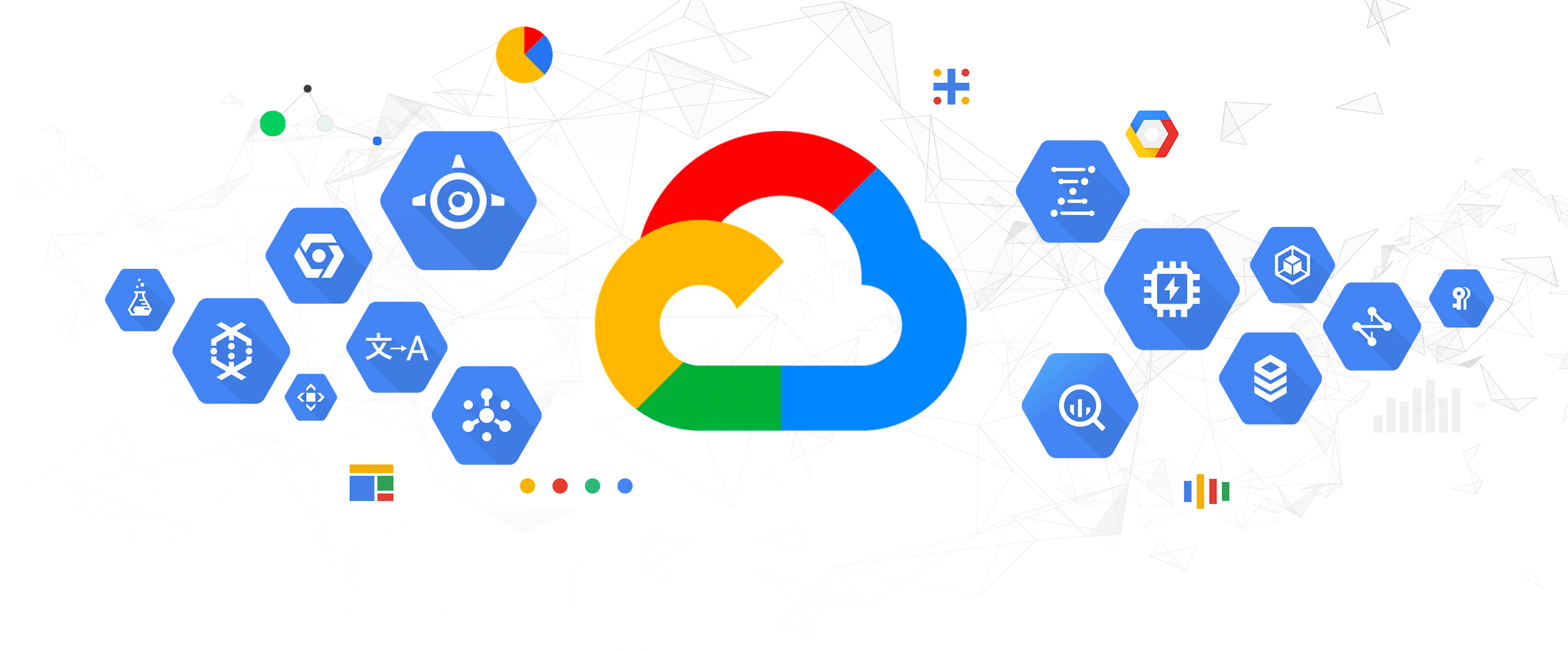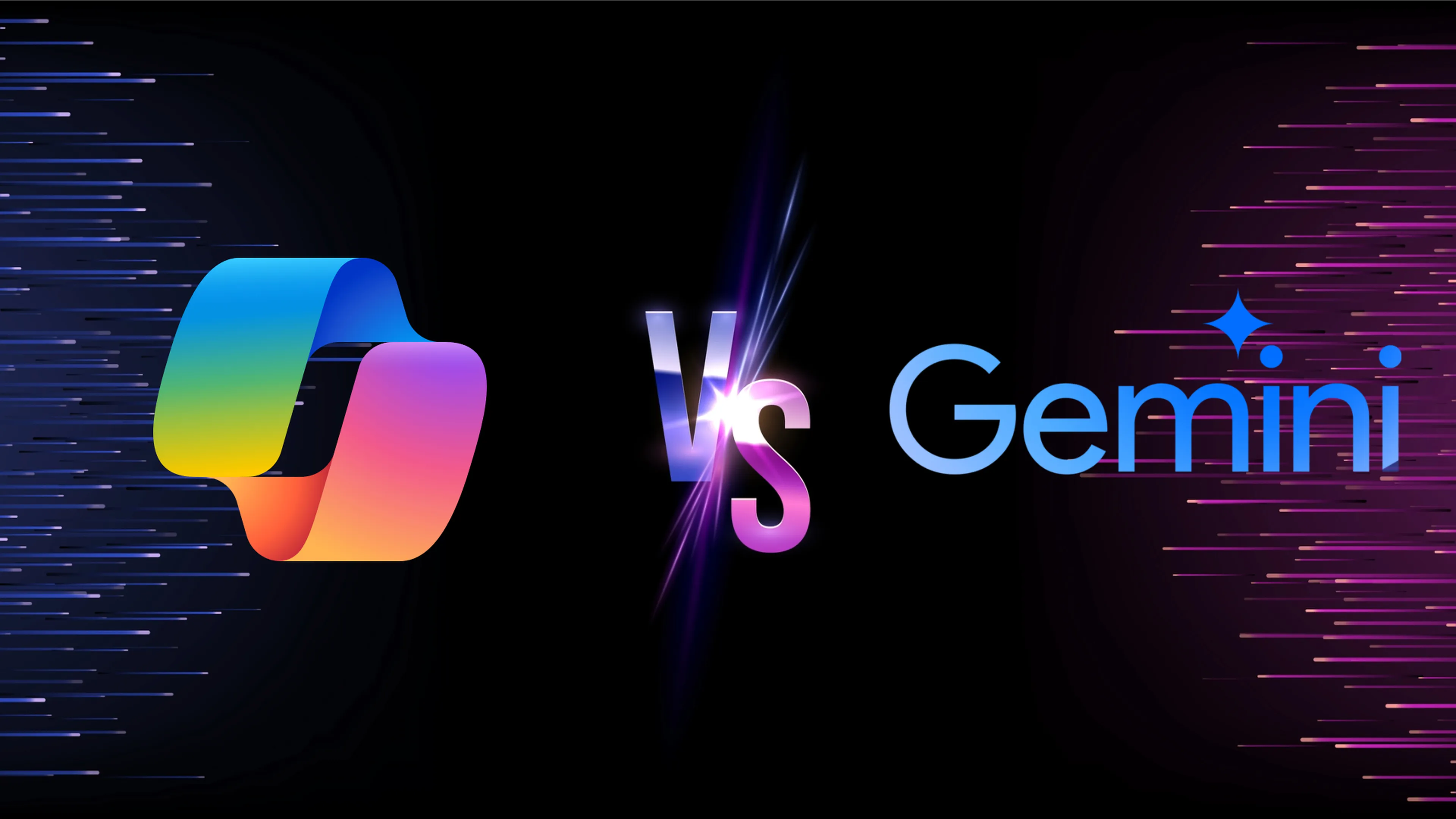That’s a lot of acronyms for a title, but let’s jump in. Businesses want to save time and money. This is why many turn to business process automation (BPA). BPA uses software to automate repeatable business processes without requiring much manual intervention. BPA solutions are typically complex, connected to multiple enterprise information technology (IT) systems, and are adapted to the specific needs of your organisation. BPA activities are commonly associated with organisations’ digital transformation activities. In this post, we will discuss sales and marketing automation, specifically customer relationship management and what it means for your business and how it can maximise your ROI.
Sales and Marketing Automation
For both B2C and B2B companies, your buyers’ journey doesn’t end after the purchase. To encourage up-sells, cross-sells or repeat business, your team needs to nurture relationships through a well-defined CRM strategy.
What is CRM?
CRM stands for Customer Relationship Management. It is a term that refers to the practices, strategies, and technologies that companies use to manage and analyse customer interactions and data throughout the customer lifecycle, with the goal of improving customer satisfaction and loyalty.
CRM systems like Salesforce typically include various tools and features, such as contact management, sales management, marketing automation, customer service and support, and analytics. These tools are used to collect and store customer data, automate customer-facing processes, and provide insights into customer behaviour and preferences.
The main goal of a CRM is to provide a centralised repository of customer data that can be used to improve customer interactions and optimise customer-facing processes. This can help companies to increase sales, improve customer retention, and ultimately drive growth. Additionally, CRM software can help a company to identify new sales opportunities and improve its marketing campaigns.
What is a CRM strategy?
In simple terms, a CRM strategy is a plan that aims to increase revenue and improve customer relationships with the aid of CRM software. CRM software lets teams bring strategies to life and improve customer relationships by consolidating customer data, thereby giving you insight into your customers’ behaviour and needs.
A CRM strategy is dynamic and should be regularly reviewed and updated according to your company's goals, customer needs and changes in the market. It should also align with your company's overall business strategy to ensure success and efficiency.
Why do you need a CRM strategy?
Increase productivity and collaboration
CRM software automates manual tasks like drip campaigns allowing your team to focus on what really matters. CRM software can also streamline data across departments, which provides a comprehensive view of your customer base and promotes cross-functional collaboration.
Have a better view of your sales funnel
Turn cold prospects into hot leads with a clear view of your sales funnel. A clear sales funnel will give your team valuable insights into their customer's needs, challenges and decision-making processes.
Creating better marketing campaigns
Generating quality leads starts with quality marketing campaigns. A great CRM strategy will help your team make better and more personalised marketing campaigns.
Provide better customer service
Providing better service to both prospective and current customers is one of the top priorities for many organisations when it comes to CRM strategies. It also helps you understand your prospects and existing customers better based on accurate data.
Detailed analytics
CRM software allows you to draw insights and data to make more accurate decisions and forecasts on future performance.
Up-to-date records
Another benefit of CRM software is that you can rest assured that your data is always up-to-date and accurate. This also lets you make better data-driven decisions.
Retain customers
A good CRM process will help your team nurture not only new business but also retain existing customers.
Ready to get automated?
Whether your company is already using Salesforce or just getting started, our certified professionals will help you choose the tools that align best with your business needs.
Our Salesforce consulting team will understand your business, customers and industry to develop a digital strategy to set you apart from your competition. With careful planning and a clear strategy, we’ll ensure that your Salesforce implementation begins driving sales, boosting productivity and improving customer service from day one.









